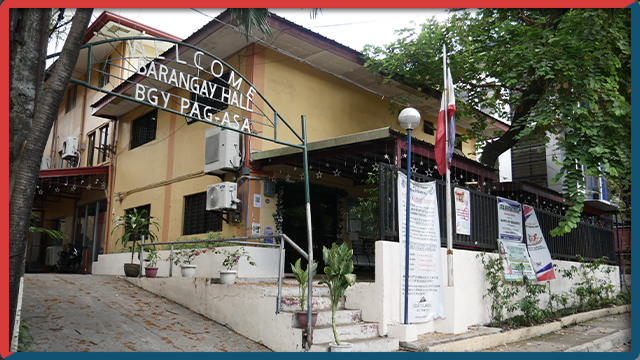Barangay Bagong-asa
Bagong Pag-asa is a barangay in Quezon City. Barangay Bagong Pag-asa is the second largest Barangay in District 1 in Quezon City.

Address:
Road 9 Cor. Road 11
Contact Number:
8-536-6349/ 09624636769
Email address:
officialbrgybagongpagasa2023@gmail.com
Official Social Media:
Facebook
Punong Barangay:
Franze Russele A. Bilaos
Need to Know: Barangay Bagong Pag-asa is the second largest Barangay in District 1 in Quezon City.
| Barangay Councilors | Eduardo B. Alcoy Frenze Roesheene O. Bilaos Rhoderick G. Bajarias Dino Aldo Dp. Fortuno Michael S. Canceran Danilo T. Benzon Rodel Neil C. Navarro |
| SK Chairperson | Yshea Regina A. Mabini |
| Barangay Population | 29389 (RBI) |
| Number of Households | 8996 (RBI) |
| Average Household Size: Source: Philippine Statistics Authority, Census of Population, 20xx | 3.9 (PSA 2020) |
| Number of Registered Voters: Source: Commission on Elections 20xx | Registered Voters: 18534 SK Voters: 4560 |
Long before the war, what was to become Barangay Bagong Pag-asa was just a vast tract of coronal waste and grasslands with some rice paddies here and there, interspersed with bamboo groves and fruit-bearing trees. It didn’t even have a name.
President Ramon Magsaysay ordered the army engineering department to clear and subdivide the location into residential lots, alongside the Social Welfare Administration (SWA), Philippine Home site and Housing Corporation (PHHC), and other government agencies. Originally called Bago Bantay District or the Ramon Magsaysay District, the name Bagong Pag-asa came from the famous slogan during the campaign of the late President Ramon Magsaysay : “There’s A New Hope in Magsaysay”, with early settlers claiming their ““Bagong Pag-asa kay Magsaysay.”
Congress passed Republic Act 2370 otherwise known as Barrio Charter Act which opened to both urbanized and developing communities the tremendous benefits of local autonomy. The City Council of Quezon City enacted an ordinance which organized the first seven barrios and Pag-asa was fifth and in 1960 the first Barrio Election was held.







